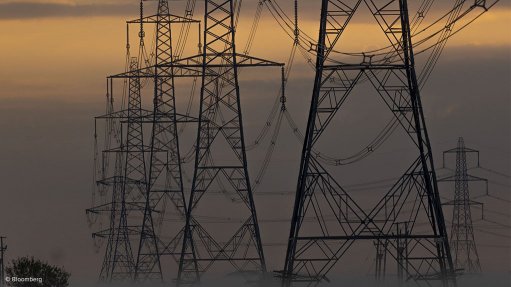
In response to Zambia's recent declaration of a national emergency owing to a severe drought affecting power generation, copper miner First Quantum Minerals is taking measures to ensure the continuity of its operations.
Power utility Zesco has introduced daily eight-hour loadshedding for its retail customers and initiated consultations with mining companies to reduce power supply to the sector by 150 MW from May 1 to December 31. First Quantum’s operations are expected to have power curtailed by about 80 MW over this period.
On April 11, the company received a force majeure notice from Zesco, formalising the request for power reductions.
In response, First Quantum is busy finalising binding offtake agreements with third-party traders to source power from alternative sources within the Southern African Power Pool. The company is securing power from Mozambique's Electricidade de Moçambique and Namibia's NamPower to mitigate the impact of reduced power supply in Zambia.
The transition to alternative power sources is estimated to incur additional costs of about $25-million for the remainder of the year, with a $0.03/lb impact on cash costs.
In addition to sourcing power from neighbouring countries, the miner is advancing renewable energy projects to enhance its energy resilience. One such project is a partnership with TotalEnergies and Chariot Energy to develop a 430 MW solar and wind project, with expected commissioning dates in 2026 and 2027, respectively.
First Quantum is also in discussions with developers of hydro schemes in Zambia's Northwest and Northern provinces to further diversify its power sources.
Despite the challenges posed by the power crisis, the Vancouver-based company remains optimistic about its ability to maintain uninterrupted operations in Zambia.
Based on current forecasts, the company anticipates successfully substituting the curtailed power with imports, ensuring the continued production at its Zambian facilities.